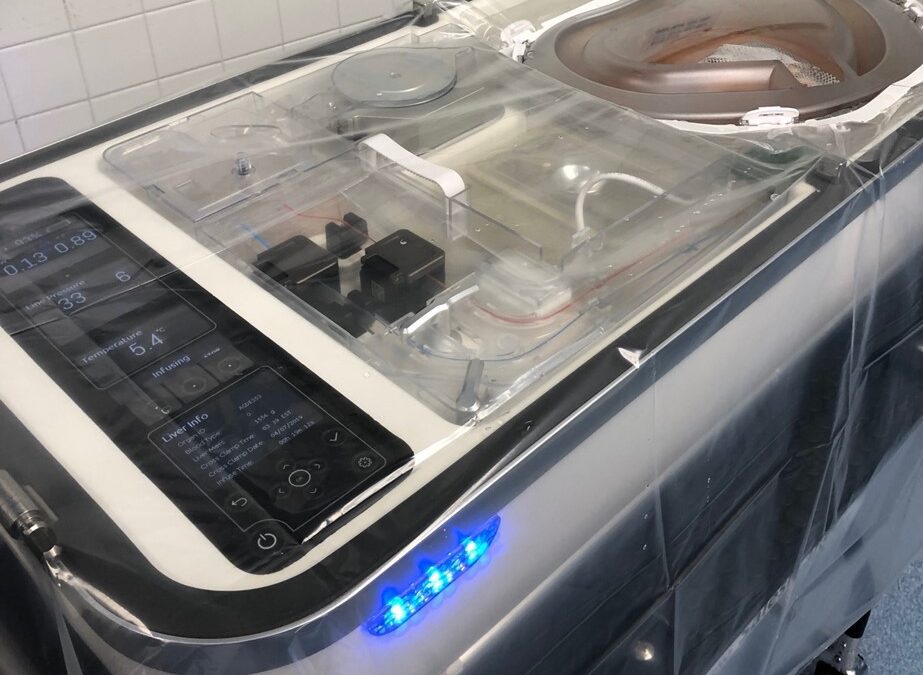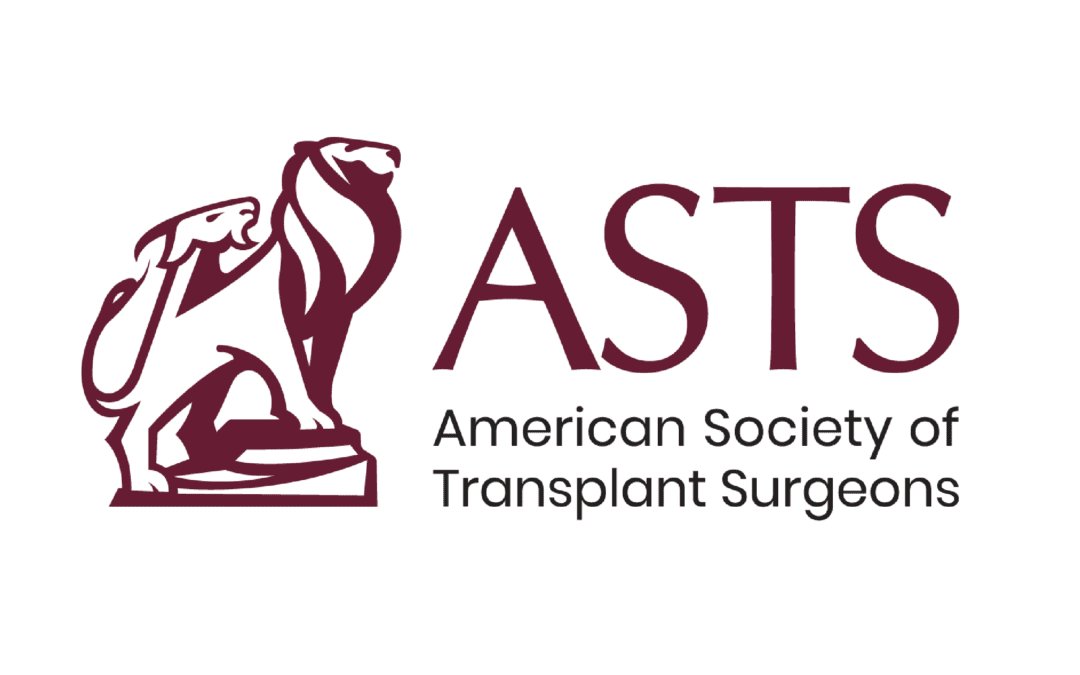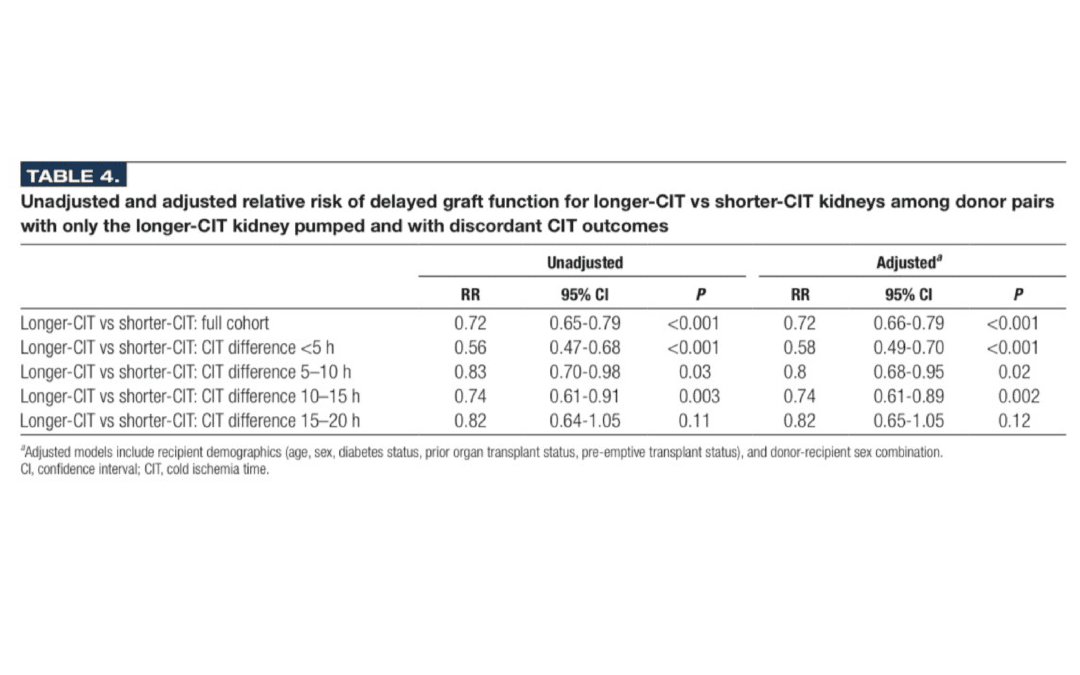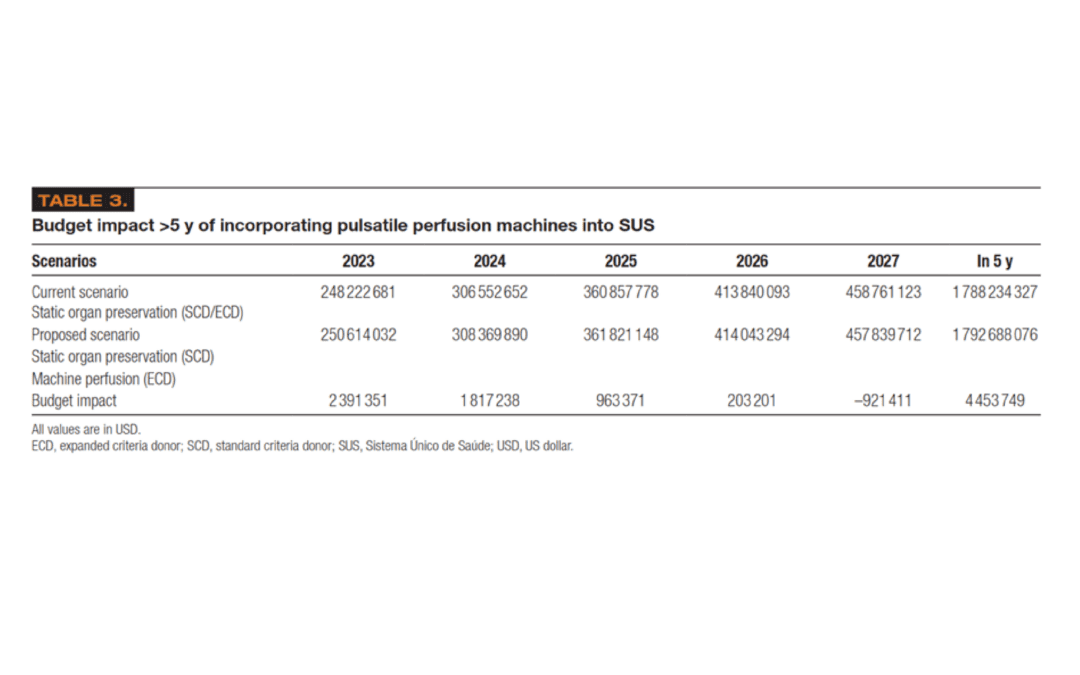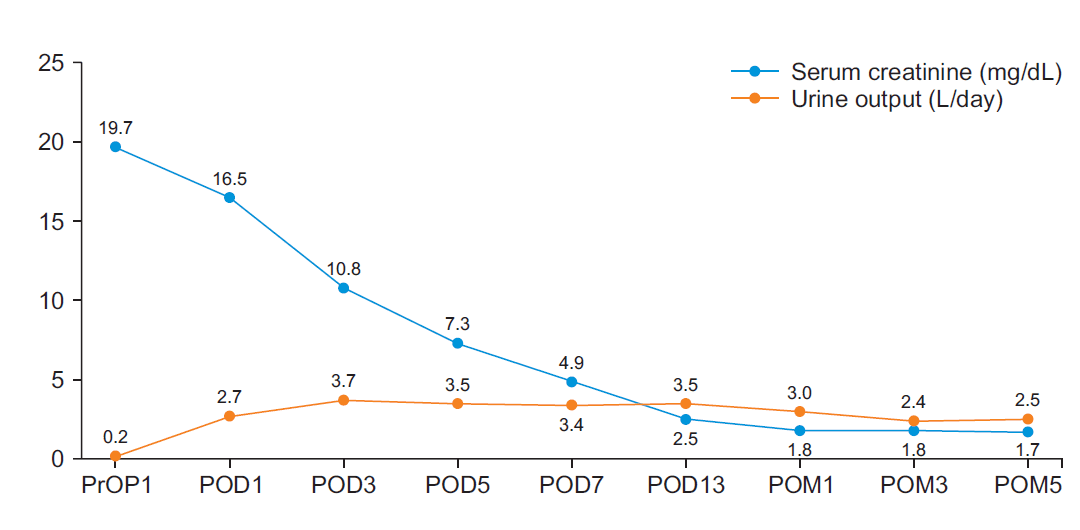Organ Recovery Systems (ORS) is proud to announce that 100 donor livers have been successfully transplanted after being preserved using LifePort® Liver Transporter (LLT) with Vasosol® at approved centers under the Continued Access arm of the PILOT™ (Perfusion to Improve Liver Outcomes in Transplantation) clinical trial.
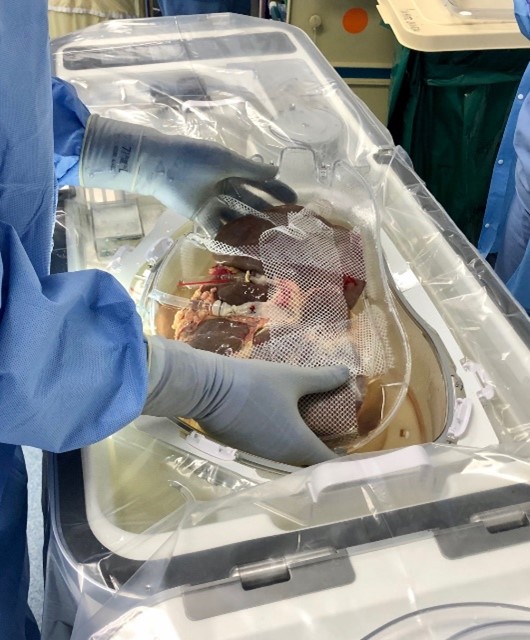
“Our center’s use of LLT – both throughout the trial and now in the Continued Access (CA) phase – has demonstrated the importance of improving preservation to optimize clinical outcomes,” said Dr. James Guarrera, Professor of Surgery and Chief of Transplant and HPB Surgery at Rutgers New Jersey Medical School and Program Director at University Hospital Liver Transplant. “While in the CA phase, LLT has allowed us to perform transplants with late allocation and extended criteria livers that otherwise would have been difficult or impossible to transplant. Most importantly, patients have experienced reduced complications along with more rapid recovery and discharge from the hospital.”
As patient touchpoint and data collection is ongoing, a full picture of recipient outcomes can’t officially be reported. However, each enrolled center is experiencing through practice how LifePort Liver Transporter can integrate into their existing systems.
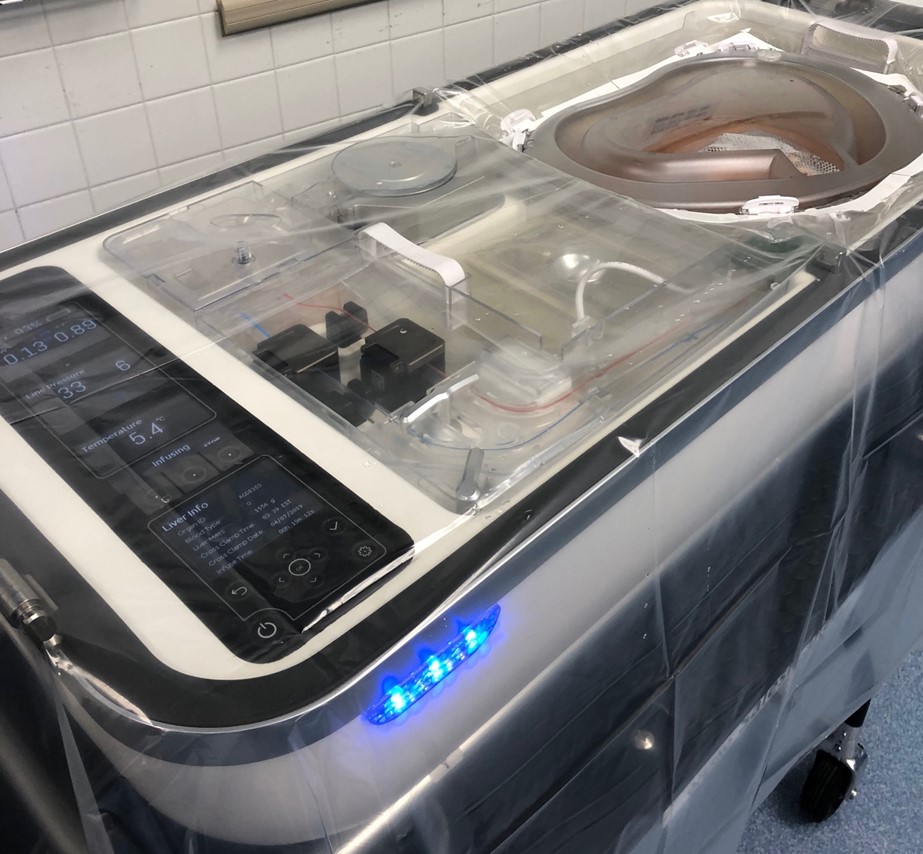
LifePort Liver Transporter is a proprietary medical device designed to optimize the quality of donated livers for transplantation via precision-controlled hypothermic machine perfusion (HMP). HMP mimics the body’s blood flow by gently pumping a physiologic, oxygenated, nutrient-rich preservation solution in a hypothermic environment to keep a donated organ as healthy as possible for a waiting transplant recipient.
Ahead of FDA commercial clearance, all of the centers within the Continued Access study are authorized to continue utilizing LifePort Liver Transporter to optimize their processes and allow for more transplants. The first three sites to participate are Rutgers New Jersey Medical School, Northwestern Memorial Hospital, and the University of Cincinnati College of Medicine.
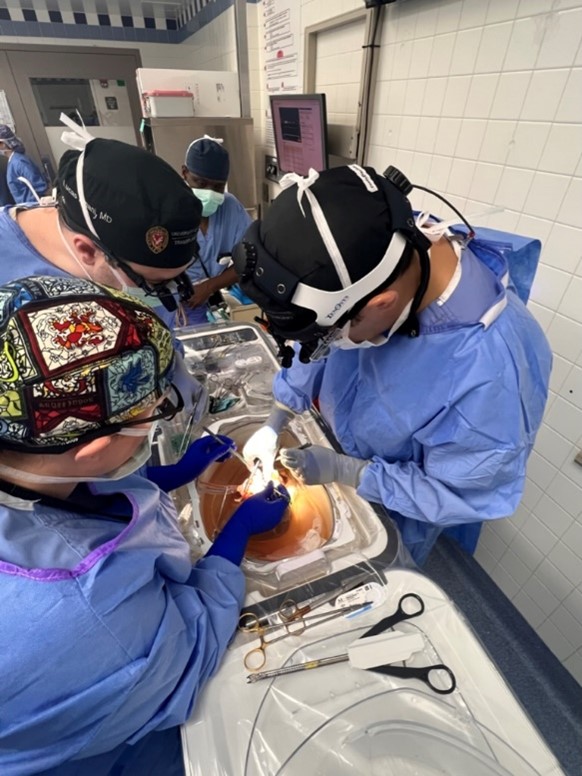
“The team has used LifePort Liver Transporter to increase the use of organs that were traditionally considered high risk, and recipient outcomes have been excellent,” said Dr. Daniel Borja-Cacho, Assistant Professor of Surgery at Northwestern Feinberg School of Medicine. “Machine perfusion is slowly becoming our standard of practice prior to transplanting grafts, specifically with elderly donors, organs from donors after cardiac death, and recipients for which the operation is expected to be technically difficult.”
Transplant centers and Organ Procurement Organizations (OPOs) continue to balance increased organ procurement with confirming quality and utilization. If the liver is continually perfused with LifePort Liver Transporter and Vasosol, it provides additional time for clinicians to assess organ quality and, subsequently, fewer “false alarms” for recipients.
“LLT has had a tremendous impact on our transplant program in Continued Access,” said Dr. R. Cutler Quillin III, Associate Professor of Surgery and Surgical Director of Liver Transplantation at the University of Cincinnati Medical Center. “In the past, our center could only do one liver transplant at a time. Now, I can start one transplant, place another liver on the pump, and do the second one to follow. LLT has also minimized resource utilization at our center. When evaluating an extended criteria liver, I no longer bring the recipient into the hospital until I see the liver. That way, if an organ is not transplantable, not only have I saved the patient’s time but also my center’s resources by not performing the pre-operative workup.”
The Latest

